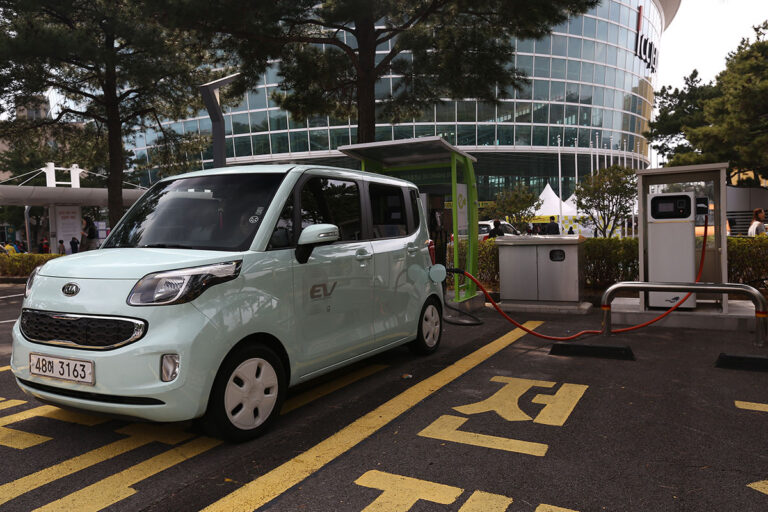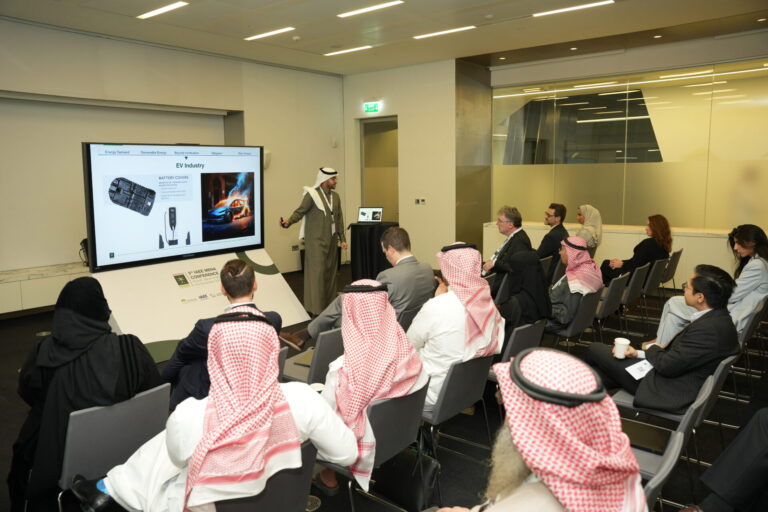For decades, electricity generation in Saudi Arabia has relied predominantly on hydrocarbons. To meet its Vision 2030 energy transition targets, Saudi Arabia aims to displace one million barrels of liquid fuels per day of domestic consumption and increase the share of renewables to make up half of the country’s power capacity by 2030.
While solar and wind power have received considerable attention and investment, there has been less focus on geothermal energy. This gap prompted KAPSARC researchers to examine the current status of geothermal energy in the Kingdom and the potential for expansion in this sector.
“Geothermal energy stands out as a potential asset for the country amid challenges of water scarcity and heat waves,” says Mohammed Aldubyan at KAPSARC’s Climate and Sustainability Department. “It could be used to power water desalination plants and achieve district cooling, an efficient way to air-condition public buildings by chilling water using ground source heat pumps.” Aldubyan worked on the review with colleague, Majed Alsuwailem, at KAPSARC’s Oil and Gas Department, and Osamah Al-Momen at energy technology company Baker Hughes.
“Recent pilot projects, like the geothermal exploration well at KAUST, assess the potential of this source and technology applications for cooling and electricity generation,” adds Alsuwailem.
The western part of Saudi Arabia, characterized by tectonic and volcanic activities, presents opportunities for geothermal energy due to high heat flow from the Earth’s depths. Tapping into this heat energy is challenging, due to high upfront costs, technical limitations, as well as limited supportive policies and regulations hampering advances. However, the team believes that Saudi Arabia is well placed to harness geothermal energy using the expertise of the extensive oil and gas exploration workforce alongside the existing energy infrastructure across the country.
“About half of all electricity used in buildings goes toward cooling, and geothermal energy could significantly reduce this consumption,” says Al-Momen, regional senior manager for Strategy and Market Studies at Baker Hughes. “Reducing the share of hydrocarbons in Saudi Arabia’s energy mix will avail more crude oil and other liquids for other uses, including refined products and chemicals.”
Investing in geothermal will also create jobs, attract investment, and promote advancement in energy technologies and expertise. “Fostering both competition and collaboration promotes innovation by driving technological advancements and efficiency,” says Aldubyan. “Collaboration among stakeholders lowers risks and costs in geothermal development and encourages a dynamic and competitive energy market.”
Reference
1. Alsuwailem, M.; Aldubyan, M. & Al-Momen, O. Geothermal – Saudi Arabia’s next energy vector? KAPSARC, April 15, 2024 | Article




